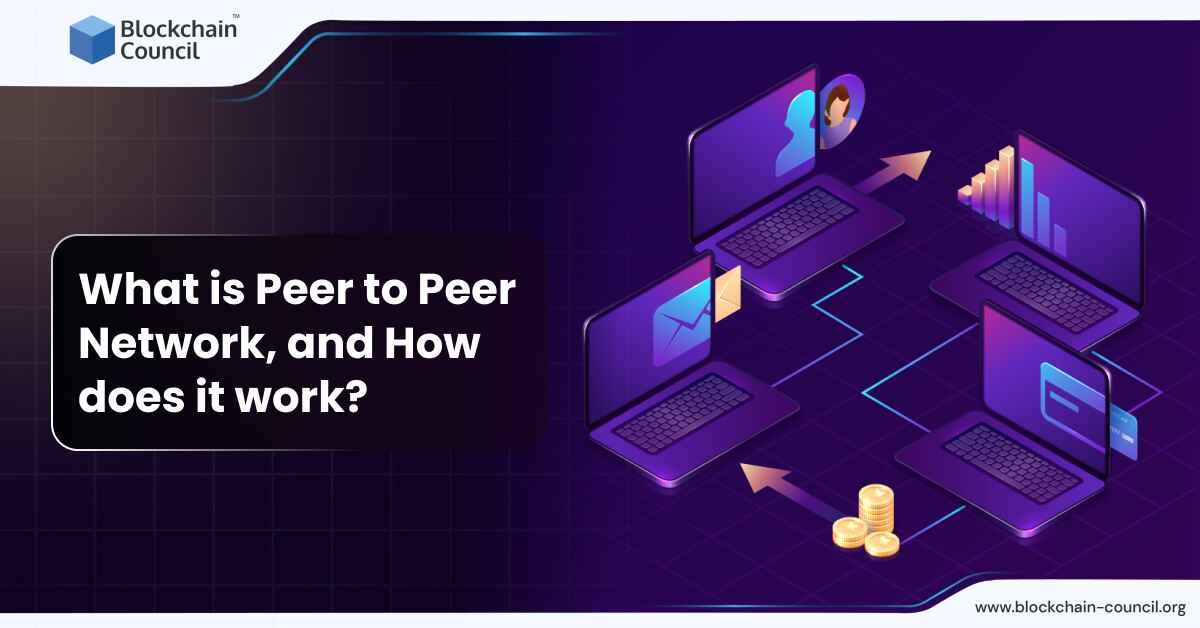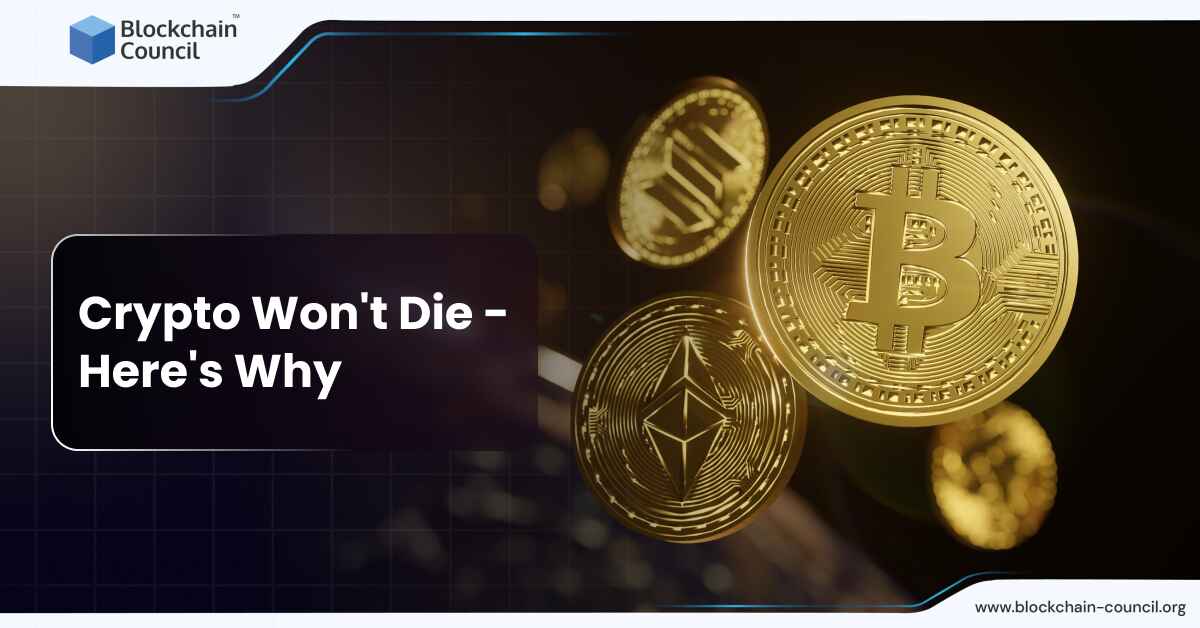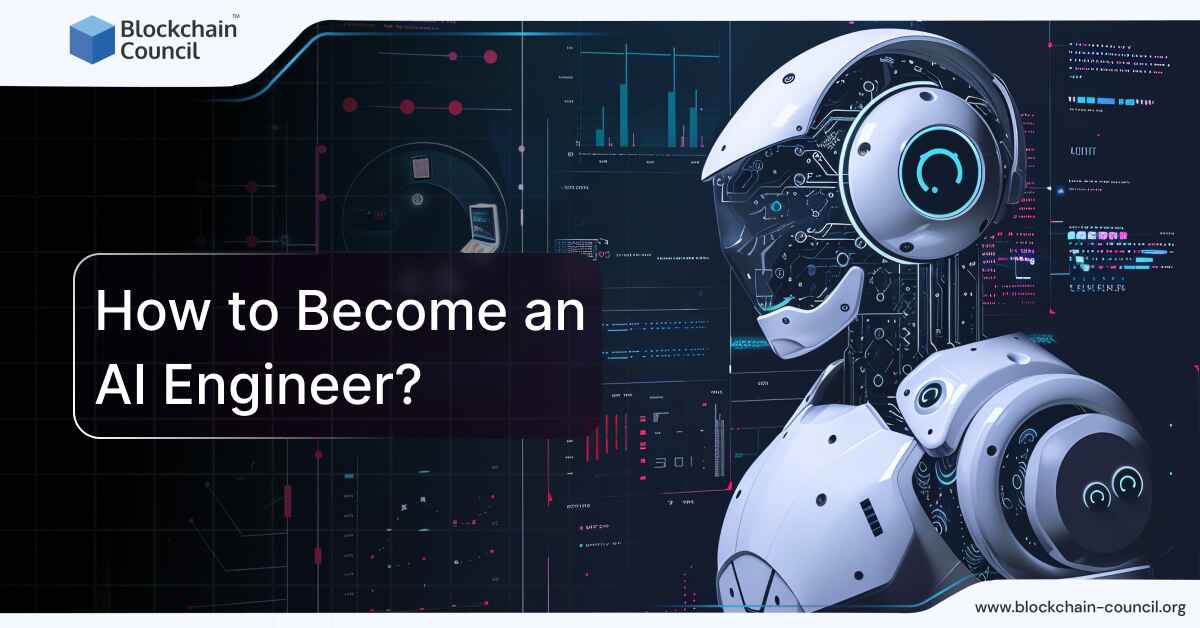
AI-Powered Inventory Management for Efficiency
Artificial Intelligence (AI) has become increasingly important in inventory management, aiding businesses in reducing waste and boosting efficiency. Today, many industries, such as retail and

Artificial Intelligence (AI) has become increasingly important in inventory management, aiding businesses in reducing waste and boosting efficiency. Today, many industries, such as retail and

Super Artificial Intelligence, or Super AI, represents a future stage in technology where machines would not only equal but also surpass human cognitive abilities in

P2P Meaning & Definition Have you ever wondered while playing online games, how do you connect with players around the globe so easily? The answer

Summary Cryptocurrencies, despite facing challenges like volatility and regulatory scrutiny, are thriving due to their foundational qualities and technological innovations. Blockchain technology, the backbone of

How to Become a Blockchain Developer? Summary A Blockchain developer is a software engineer who builds decentralized applications (dApps) and Blockchain-based solutions. They should

Introduction Recent developments in AI, including advances in natural language processing and deep learning, have led to the creation of cutting-edge AI applications such as

What Is JSON-RPC (Remote Procedure Calls)? Summary JSON-RPC (JavaScript Object Notation Remote Procedure Call) is a protocol that enables the communication between client and server

Summary 2023 marked significant growth for Blockchain technology with mainstream adoption surging and the end of the 2022 crypto winter. Blockchain facilitates transparent information sharing

Table of Contents Introduction For all that Web3 promises, decentralization has evolved into a rallying cry and even a catalyst. But what exactly is Web3,

Table of Contents Search engines like Google have been using user data to generate influential analyses and reports that help businesses grow using user-based analytics,


Welcome to the Blockchain Council, a collective of forward-thinking Blockchain and Deep Tech enthusiasts dedicated to advancing research, development, and practical applications of Blockchain, AI, and Web3 technologies. Our mission is to foster a collaborative environment where experts from diverse disciplines share their knowledge and promote varied use cases for a technologically advanced world.
Blockchain Council is a private de-facto organization of experts and enthusiasts championing advancements in Blockchain, AI, and Web3 Technologies. To enhance our community’s learning, we conduct frequent webinars, training sessions, seminars, and events and offer certification programs.
To receive Offers & Newsletters
50,000+ Professionals Certified so far by Blockchain Council

Coupon
expires in
Enroll today in any of the popular certifications curated as per the Industry trends.
